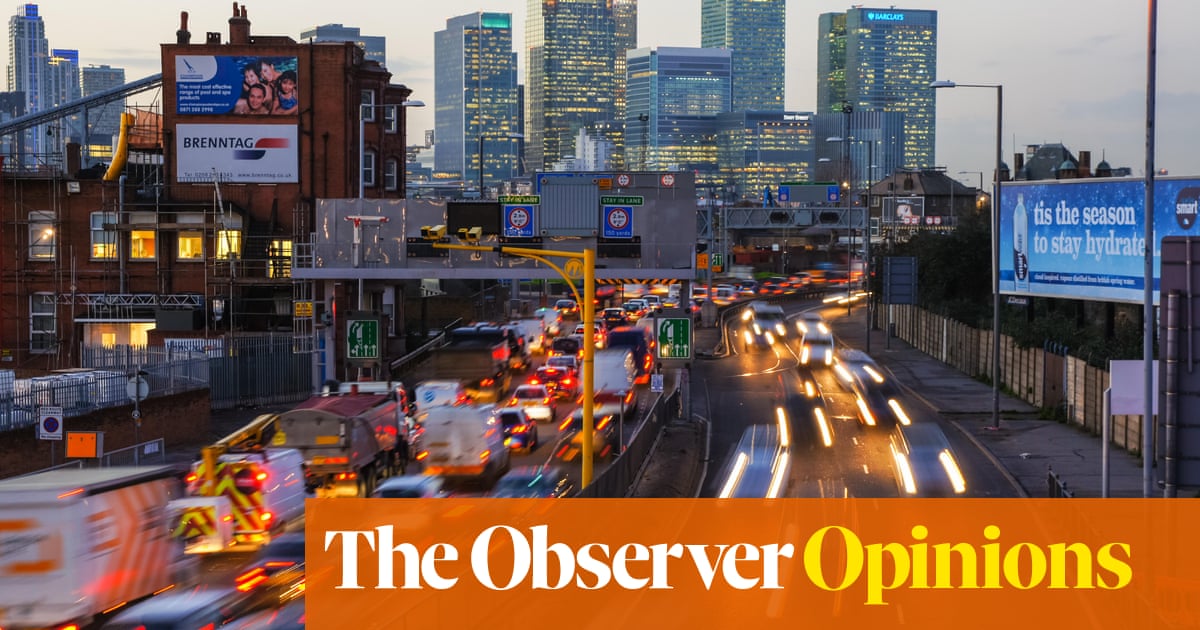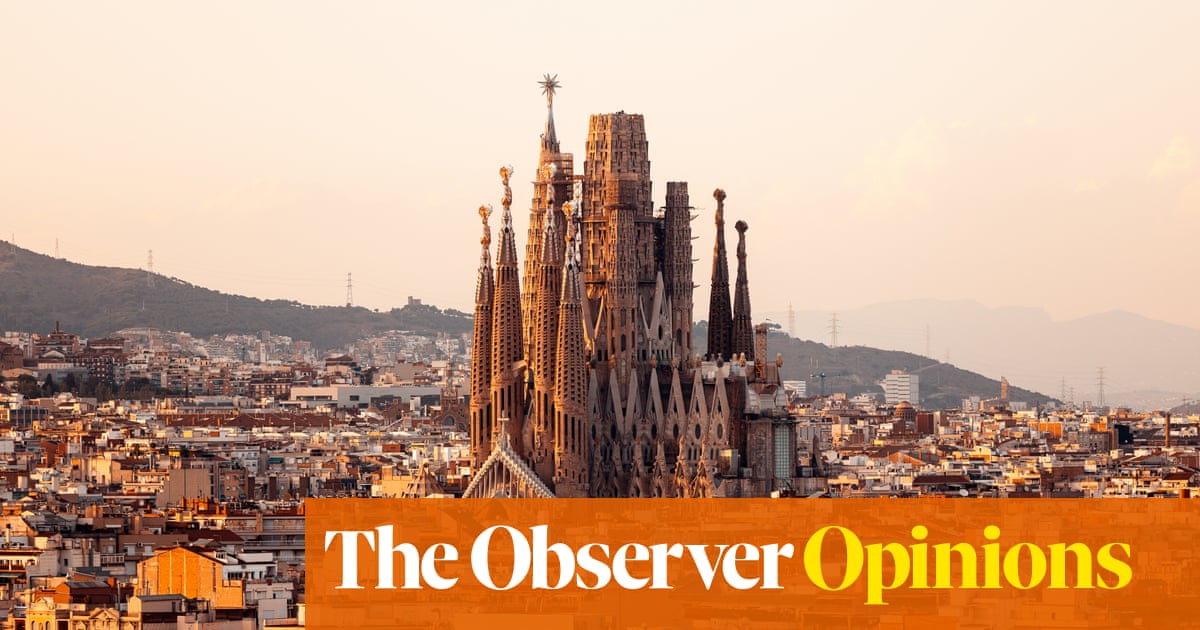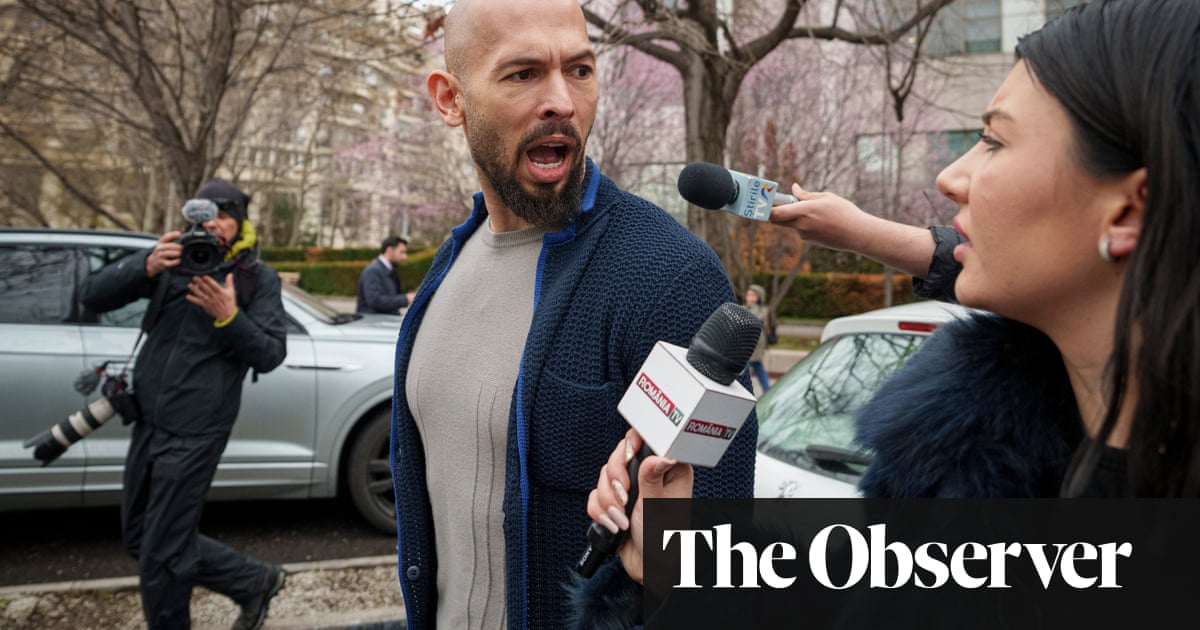If culture is the mirror that reflects the state of society, right now we’re all looking a little dishevelled – and struggling to find the energy to care. The signs have been there for a while, with rumblings initially picked up by trend forecasters’ finely tuned cultural seismometers. In 2021, Sean Monahan coined the term “the vibe shift” in his Substack to explain the transition from the self-controlled, self-improvement-obsessed worthiness of the 2010s to the messy decadence of the 2020s. Three years later, it feels like that earthquake has finally hit.
The text of the year was, of course, the album Brat by Charli xcx, and the image that summed it all up was from the lead single’s music video: the pop star pouring a glass of red wine while standing on a vibrating power plate, spilling it down her white T-shirt and staring defiantly into the camera. In the background, actor Rachel Sennott scrolls on her phone on an exercise ball and actor and model Julia Fox vapes while curling a dumbbell. If not dancing, this is casually leaning on the grave of wellness culture. The message is: ‘“It’s OK to be a bit messy, physically and mentally, and let’s have a good time while we’re at it.” While accepting a prize at the Wall Street Journal’s Innovator awards, the musician said: “Luckily for me, the pendulum of culture swung in favour of messiness, personality and the niche.”
In fashion, Miu Miu’s spring collection featured stuffed and overflowing bags, and on Balenciaga’s autumn runway, labels stuck out of the models’ clothes. Successful advertising these days, according to brand strategy consultant Eugene Healey, is chaotic and entertaining. In a TikTok post, he said: “If brands are still going to sell me something I don’t need, at least make a spectacle out of it.” Long gone are the days of earnest and minimal millennial advertising such as Airbnb promising us we could “Belong Anywhere”.
Along with the chaos, there is also indulgence, perhaps a symptom of our cultural long Covid – the excess being a response to the privations we experienced under lockdown. People have given up being vegan, everyone is smoking again, and if “girly pop summer” (featuring Chappell Roan and Sabrina Carpenter alongside Charli xcx) was anything to go by, partying is back.
Meanwhile, the ultimate archetype of meaninglessness, the goth, made a return. Bill Skarsgård starred in the reboot of dark superhero film The Crow, Winona Ryder reprised her role as Beetlejuice’s Lydia Deetz and vampy model, musician and social media chef (see indulgence) Gabbriette was in the ascendant.
The issue with foregoing all meaning and leaning into nihilism is that you can end up in some ethically dubious situations. When Nietzsche wrote his dire prediction for humanity’s future, “there can be no doubt that morality will perish”, he was surely thinking of the spectacle of convicted con artist Anna Sorokin and her ankle tag appearing on Dancing with the Stars. Our collective obsession with stories about scamming has morphed into an ironic open-armed embrace of the scammer.
The question is, are we really having a good time? In the third season of HBO’s Industry (the New Yorker’s pick for TV show of the year), copious amounts of drugs, alcohol and sex fuel the endless accumulation of money and power, but none of it basked in the glow of the 80s’ “greed is good” film and TV. Instead, each scene plays out as if lit by the most unsparing strip lighting. Characters don’t lounge opulently puffing on cigars inside high-end New York restaurants, instead huddling outside London office blocks chugging on cigarettes as if to stave off the next panic attack.
If the 2010s were a battle cry against the excesses of capitalism, social injustice and climate breakdown, popular culture in 2024 seemed to have given up the fight. Of course, the cultural pendulum will no doubt swing back again. In his missive on the next “vibe shift”, written after Donald Trump’s re-election, Monahan writes: “The vibe shift this time is a story about progressive millennials realising that when they declared total victory for their politics in 2020 – it was a pyrrhic victory … They have to get into the trenches and convince people that their interpretations of reality are correct.” It sounds like a slog, but for now, grab a sweet treat or a glass of wine. There is always next year.
-
Kirsty Major is a deputy Opinion editor for the Guardian

 3 months ago
56
3 months ago
56













































